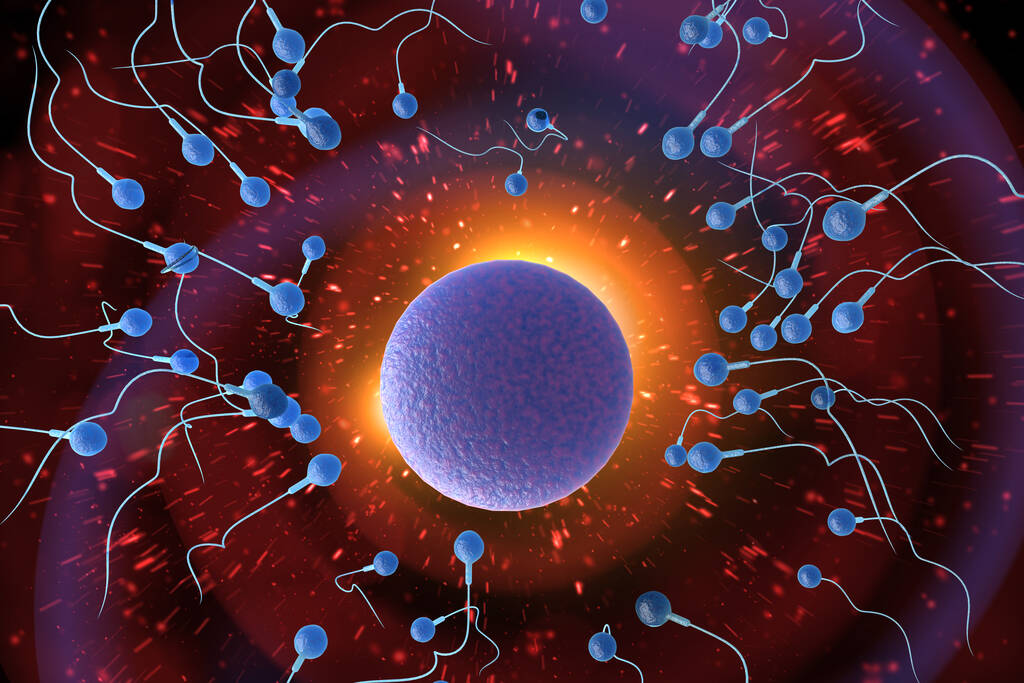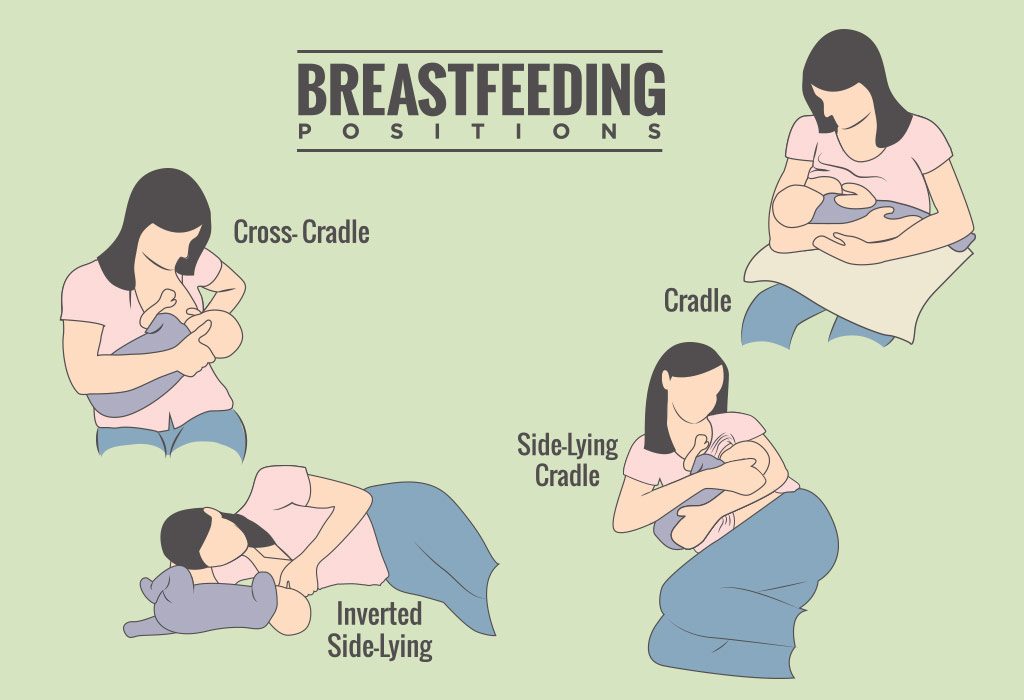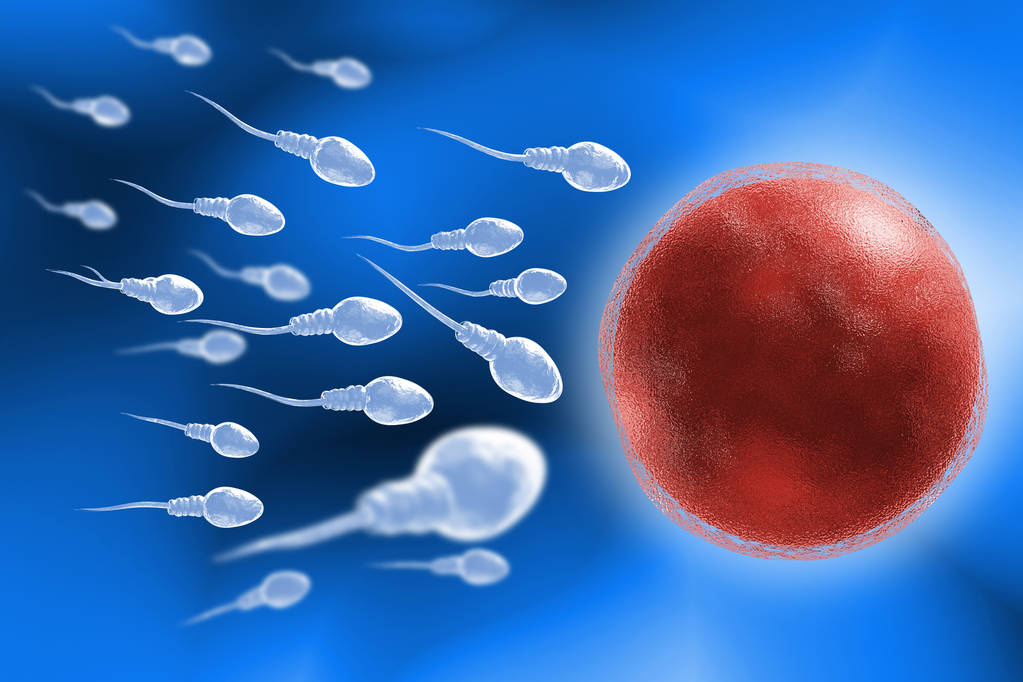Nurturing Your Pregnancy: A Simple Guide to the Best Diet for Expectant Mothers
Pregnancy is a beautiful and transformative journey, marked by numerous changes and exciting anticipation. A crucial aspect of this journey is maintaining a healthy and balanced diet that supports both the mother’s well-being and the optimal development of the growing baby. In this article, we’ll explore the best diet for expectant mothers in simple language, focusing on essential nutrients and practical dietary tips.
1. The Foundation: A Balanced Plate:
Imagine your plate as a canvas, and the colors on that canvas represent a variety of essential nutrients. For a balanced and healthy diet during pregnancy, aim to include a colorful mix of:
- Fruits and Vegetables: These are rich in vitamins, minerals, and fiber. Aim for a rainbow of colors to ensure a diverse range of nutrients.
- Whole Grains: Opt for whole grains like brown rice, quinoa, and whole wheat bread. They provide sustained energy and essential nutrients.
- Protein Sources: Include lean proteins such as poultry, fish, beans, lentils, and tofu. Protein is crucial for the development of your baby’s tissues.
- Dairy or Dairy Alternatives: These are excellent sources of calcium, vital for bone development. Choose low-fat or fortified options.
2. Folate/Folic Acid: The Superhero Nutrient:
Folate, also known as folic acid when in supplement form, is a superhero nutrient during pregnancy. It plays a crucial role in preventing neural tube defects in the developing baby. Good sources of folate include:
- Leafy Greens: Spinach, kale, and collard greens.
- Legumes: Lentils, chickpeas, and black beans.
- Citrus Fruits: Oranges, grapefruits, and lemons.
- Fortified Grains: Certain cereals and whole grain products are fortified with folic acid.
In addition to incorporating folate-rich foods, most healthcare providers recommend taking a folic acid supplement during the early stages of pregnancy.
3. Iron: Building Healthy Blood:
Iron is essential for preventing anemia and ensuring the proper formation of red blood cells for both the mother and the baby. Good sources of iron include:
- Lean Meats: Beef, pork, and poultry.
- Fish: Especially varieties like salmon and tuna.
- Legumes: Lentils, chickpeas, and soybeans.
- Leafy Greens: Spinach and kale.
Consuming vitamin C-rich foods alongside iron-rich foods enhances iron absorption. So, consider pairing your iron-rich meals with fruits like oranges or vegetables like bell peppers.
4. Calcium: Building Strong Bones:
Calcium is vital for the development of your baby’s bones, teeth, and muscle function. Good sources of calcium include:
- Dairy or Dairy Alternatives: Milk, cheese, and yogurt.
- Leafy Greens: Kale and collard greens.
- Fortified Foods: Some cereals and plant-based milk alternatives are fortified with calcium.
Ensure you’re getting an adequate amount of calcium, but don’t forget to balance it with other nutrients to maintain overall dietary variety.
5. Omega-3 Fatty Acids: Brain Boosters:
Omega-3 fatty acids, particularly DHA (docosahexaenoic acid), are crucial for the development of your baby’s brain and eyes. Good sources of omega-3s include:
- Fatty Fish: Salmon, trout, and sardines.
- Chia Seeds and Flaxseeds: These can be added to smoothies, yogurt, or oatmeal.
- Walnuts: A handful of walnuts provides a good dose of omega-3s.
If you’re not a fan of fish or have dietary restrictions, your healthcare provider might recommend an omega-3 supplement derived from algae.
6. Hydration: The Unsung Hero:
Staying hydrated is often overlooked but is fundamental for overall health during pregnancy. Water plays a crucial role in maintaining amniotic fluid, supporting the increased blood volume, and aiding digestion. Aim to drink at least eight 8-ounce glasses of water a day, and more if you’re physically active.
7. Limiting Caffeine and Avoiding Certain Foods:
While moderate caffeine consumption is generally considered safe during pregnancy, it’s advisable to limit intake. Too much caffeine has been linked to an increased risk of miscarriage. As a general guideline, keeping caffeine intake below 200 milligrams per day (equivalent to about one 12-ounce cup of coffee) is often recommended.
Additionally, it’s essential to avoid certain foods that pose a risk of foodborne illnesses, such as:
- Raw Seafood: Due to the risk of mercury contamination.
- Raw or Undercooked Eggs: To avoid the risk of salmonella.
- Unpasteurized Dairy Products: To prevent exposure to harmful bacteria.
- Certain Fish High in Mercury: Such as shark, swordfish, king mackerel, and tilefish.
8. Snacking Smart:
Healthy snacks can be a crucial part of a balanced pregnancy diet. Opt for nutrient-dense snacks like:
- Fresh Fruit: Apples, berries, and citrus fruits.
- Greek Yogurt: A good source of protein and calcium.
- Nuts and Seeds: Almonds, walnuts, and chia seeds.
- Whole Grain Crackers with Cheese: A satisfying and balanced option.
9. Small, Frequent Meals:
Instead of three large meals, consider having smaller, more frequent meals throughout the day. This approach can help manage common pregnancy discomforts like heartburn and indigestion.
10. Listen to Your Body:
One of the most valuable pieces of advice during pregnancy is to listen to your body. Pay attention to hunger and fullness cues, and eat when you’re hungry. If you’re experiencing cravings, indulge in them occasionally but focus on maintaining overall balance.
Seeking Guidance and Individualized Advice:
Every pregnancy is unique, and individual dietary needs may vary. It’s crucial to work closely with your healthcare provider or a registered dietitian to ensure that your diet aligns with your specific health needs and any potential complications.
Conclusion:
Maintaining a healthy and balanced diet during pregnancy is a powerful way to support both your well-being and the optimal development of your baby. By focusing on a colorful array of nutrient-dense foods, incorporating essential vitamins and minerals, and staying well-hydrated, you’re laying the foundation for a healthy and fulfilling pregnancy journey.
Remember, each pregnancy is a personal experience, and there’s no one-size-fits-all approach to nutrition. Embrace the joy of nourishing yourself and your growing baby, and celebrate the journey of motherhood with the care and attention it deserves.











